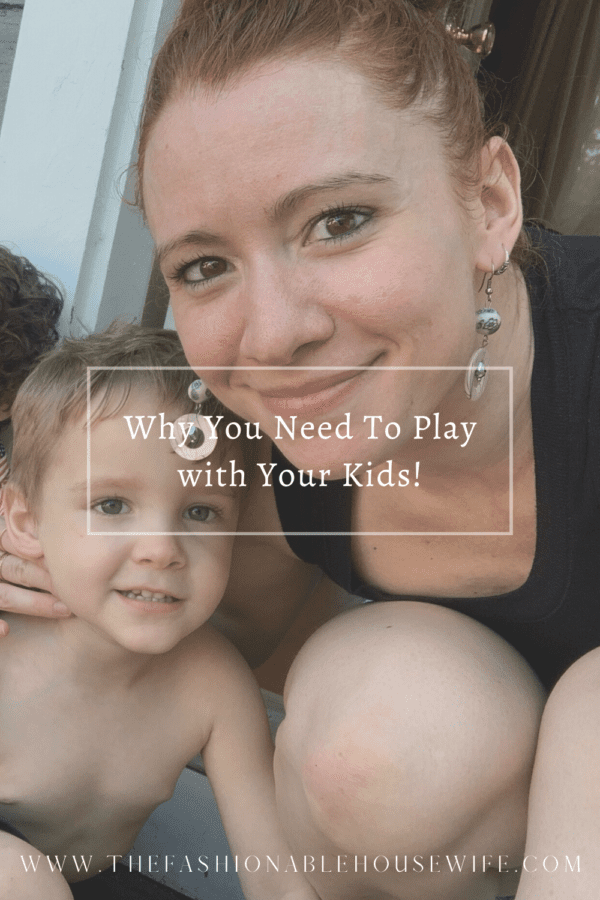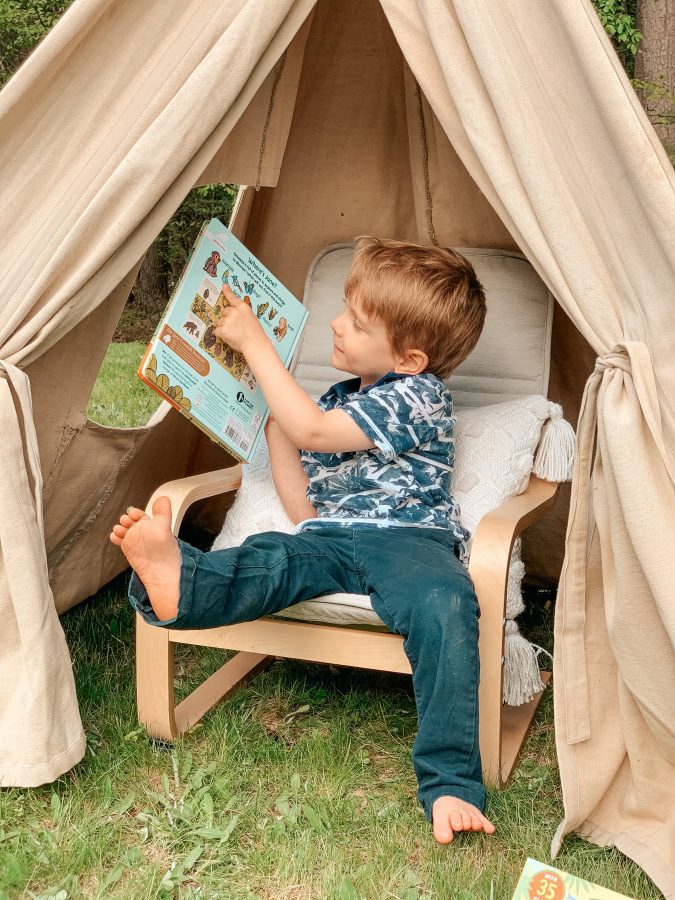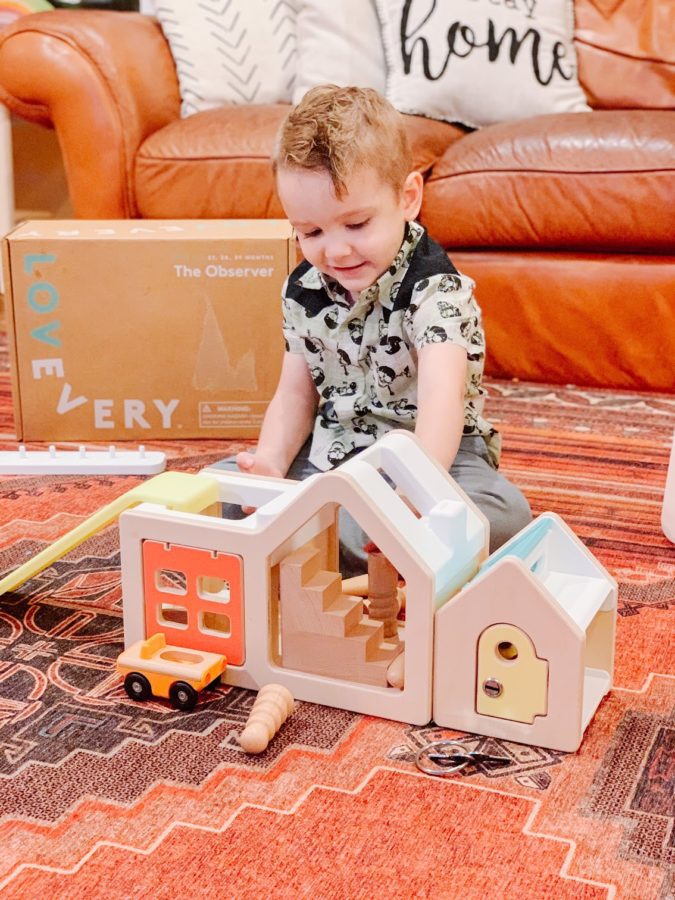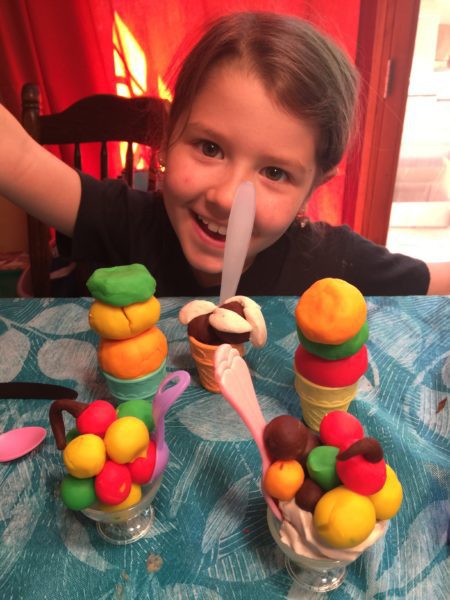
Playing with your kids presents fun bonding moments. Play also introduces advantages that your children can benefit from. Children learn to play in stages throughout their development, and it’s a crucial part of their growth. Learn about play settings and how you can help encourage and nurture your child’s progression path.
Learning Through Play
Playing has many benefits for children ranging from intellectual growth to physical development. Encouraging your child to play outside could benefit them just as much as telling them to do their homework. Healthy doses of play are essential for expanding your child’s areas of growth in development. The benefits of play don’t discriminate between young and older children. They apply to all ages of adolescents.
Emotional Development
Emotional development occurs when children experience feelings during play like anxiousness. Rules are learned, and how to set and follow them. Children learn how to be self-aware and when to follow versus lead in situations.
Physical Development
Physical development occurs when children are being physically active while they play. The benefits of getting outdoors and being active are almost endless. Pushing their limits and trying new things opens the door for learning experiences. Coordination, balance, reflexes, and muscle control are learned through physical play.
Social Development
Social development involves obtaining empathetic understanding. Playing with others allows children to identify social cues and comprehend what they mean. They also learn how to look at situations from another perspective besides their own. Compromise and negotiation are usually discovered through social play.
Intellectual Development
Intellectual development happens through creative play. Activities like building blocks shape creative thinking and executive function skills by identifying patterns and matching them. Mathematical and problem-solving skills are formed through construction play. Dramatic play entails practicing writing, telling stories, and rich vocabulary.

Levels of Play
Playing with your children encourages their cognitive and emotional development. As these developments progress, children become more cooperative with social interactions. This assists them in socially emerging and playing well with others.
Childhood Development Theory
Through observational research in 1929, Mildred Parten developed a model of childhood development theory through play in stages. The children she observed for this study ranged from age two to five. Parten divided her theory into two main categories: social and nonsocial play. Social play entails associative, cooperative, and parallel play. Non-social play consists of solitary, unoccupied and onlooker play. Children get more socially interactive as they get older.
Non-social Play
Unoccupied play sparks imagination and unique interests. It is an unstructured type of play that allows freedom for children to explore their surroundings. This is the stage where children learn about object permanence. Object permanence is when children learn that objects still exist when they’re out of sight. Peek-a-boo is a common method of teaching object permanence and rules of the environment.
Lovevery montessori play kits are perfectly designed for encouraging this type of play.

Solitary play encourages children to play without constraints from adults. Rather than adults choosing the toy they play with, they get to choose it themselves. It is a more focused type of play than unoccupied. Solitary play encourages self-expression and teaches children independence. The Lovevery block set is the perfect block set for this type of constructive play with its vibrant colors and useful shapes.
Onlooker play also cultivates independence. This is the stage where children become aware of others and actively watch to learn. This allows them to absorb the rules of social behavior. Open and expansive areas of play encourage onlooker play, which is sometimes referred to as spectator play. This type of play allows children to observe objects and what they are used for and prepares them for social interactions.
Social Play
Parallel play is the first stage of social play. Children begin to play alongside other kids without actually playing with them. Parallel play is like a warm-up to playing with other children. The parameters of social interaction begin to emerge and kids start to recognize others playing around them. Yet, they still want to be immersed in their own storyline. Parallel play is a transitional phase into socialization with other children.
Associative play is where children begin to incorporate everything they learned from non-social play into their social interactions. They slowly being to play with other children and demonstrate an interest in sharing. This is a transitional phase where children begin to want to emerge into active social play, but they are slowly tip-toeing in at their own pace. While they may still be playing to the beat of their drum, they are actively playing with other children and developing confidence along the way.
Cooperative play is when children are fully immersed in sharing toys and books and successfully playing with other children. This is where they learn problem-solving skills and the fundamentals of teamwork. This is where children begin to work with others to create their adventures and expand their imaginations.

Interact With Play
Providing play experiences with your child can be difficult within time constraints. All stages of play evoke learning and development in your child. Interacting with children playfully is essential to their growth. Who knew? Ways you can get involved in their progression begin with managing your time and identifying that play is an essential time to observe your child at play.
This is an excellent time to learn your child’s interests and what they choose to explore. Give your child specific feedback while they play rather than just noting that they did a good excellent something. Extend playtime since you know it encourages your child’s learning and development. Finally, play with your child. It’s incredible how much you can learn from a toddler. They’re smart little cookies.
Playtime
Playtime has proven to have its advantages for you and your children. The Montessori method of parenting is tried and true and highly acclaimed worldwide. Nourish their playtime rather than limiting it. Give children the chance to explore and discover things alone and nurture their independence from a young age. Doing so can set them up for success later on.



